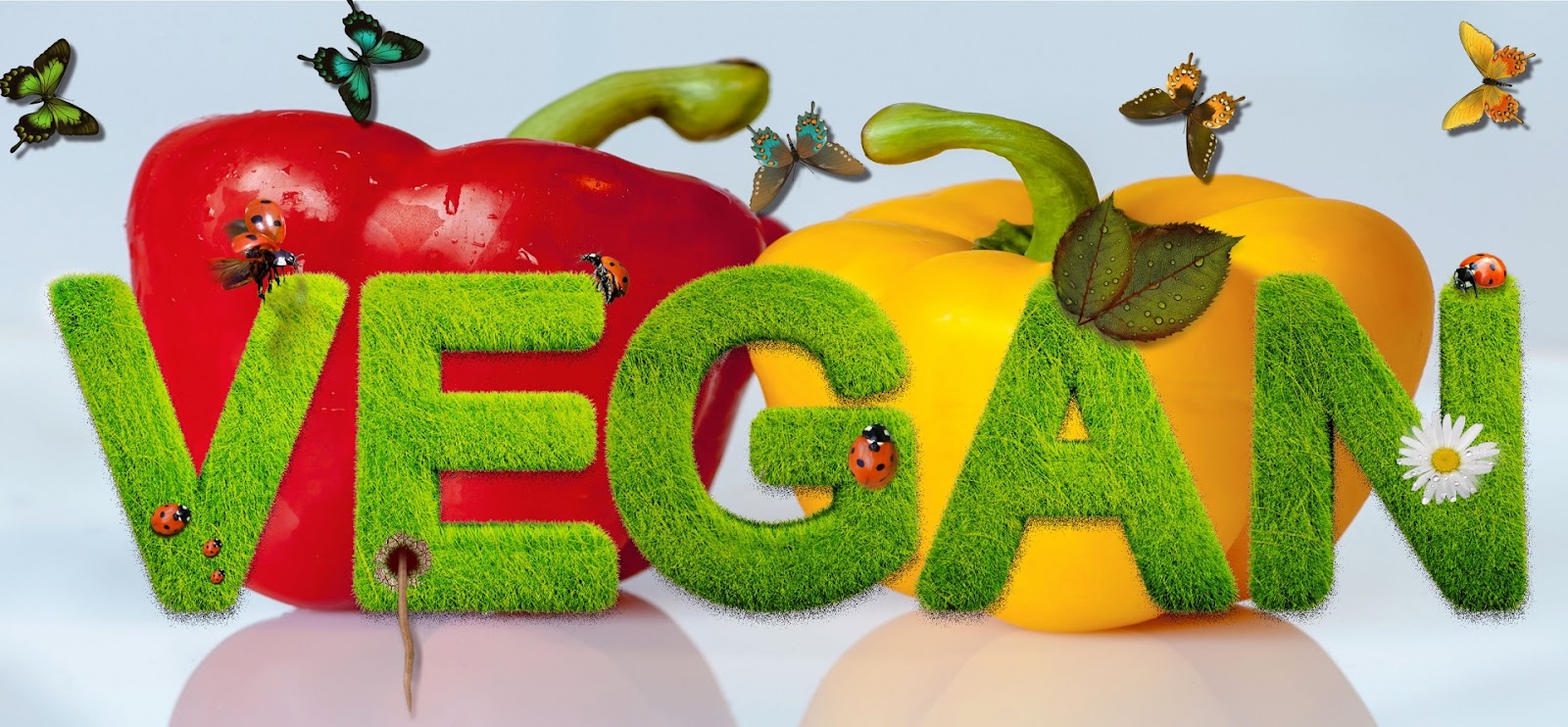Introduction
In the dynamic landscape of fashion, a revolution is underway – the rise of vegan leather. This paradigm shift in the industry is not merely a trend but a conscientious choice driven by environmental and ethical considerations. Let's delve into the world of vegan leather, exploring its definition, types, environmental impact, ethical considerations, and the influence it's exerting on the fashion industry.
Defining Vegan Leather
Vegan leather, also known as faux leather or synthetic leather, is a cruelty-free alternative to traditional animal-derived leather. Unlike conventional leather, which is made from animal hides, vegan leather is crafted using various materials such as polyurethane, PVC, mushroom mycelium, pineapple fibers, and recycled plastics. The absence of animal products makes it a sustainable and ethical choice for those seeking alternatives without compromising style.
Types of Vegan Leather
The diversity of vegan leather extends beyond synthetic materials. Innovations have led to the creation of alternatives like mushroom leather (mycelium leather), pineapple leather (Piñatex), apple leather, and recycled synthetic options. Each material brings its unique qualities to the table, offering consumers a range of choices that align with their preferences and values.
Environmental Impact
One of the key drivers behind the surge in popularity of vegan leather is its positive environmental impact. Traditional leather production is resource-intensive, contributing to deforestation, water pollution, and high greenhouse gas emissions. In contrast, vegan leather production significantly reduces the carbon footprint, conserves water, and minimizes land use. Choosing vegan leather becomes a conscious step towards fostering a more sustainable and eco-friendly fashion industry.
Ethical Considerations
Beyond environmental benefits, the ethical considerations surrounding vegan leather play a pivotal role in its adoption. Animal welfare concerns in the leather industry, including issues related to farming practices and the use of toxic chemicals in tanning, have prompted consumers to seek alternatives. Vegan leather provides a cruelty-free option, aligning with the values of compassion and ethical fashion.
Quality and Durability
A common misconception about vegan leather is its perceived lack of durability compared to traditional leather. Technological advancements in manufacturing processes have addressed this concern, resulting in high-quality and durable vegan leather products. The industry's commitment to improving the longevity of these alternatives ensures that consumers can enjoy stylish and enduring fashion choices without compromising on quality.
Fashion Industry Adoption
The fashion industry is undergoing a significant transformation with the widespread adoption of vegan leather. Designers, brands, and fashion houses are incorporating cruelty-free alternatives into their collections. Notable collaborations and designer lines featuring vegan leather have catapulted it into the mainstream, challenging the conventional norms of the industry.
Consumer Awareness
The growing awareness among consumers about the environmental and ethical implications of their fashion choices has propelled the demand for vegan leather. Conscious consumers are actively seeking information about sustainable alternatives, influencing industry practices and encouraging a shift towards cruelty-free and eco-friendly options.
Challenges and Future Innovations
While the momentum behind vegan leather is undeniable, challenges persist. Issues such as the use of petroleum-based materials in some synthetic leathers and concerns about biodegradability are areas that require continued attention. However, ongoing research and innovations aim to address these challenges, paving the way for a more sustainable and holistic approach to vegan leather production.
Making Informed Choices
For consumers looking to make sustainable fashion choices, understanding the nuances of vegan leather is crucial. Making informed decisions involves considering the environmental and ethical aspects of the products we choose to wear. By opting for cruelty-free alternatives, individuals contribute to a positive shift in the fashion industry, fostering a more compassionate and sustainable future.
Conclusion
As we conclude our exploration of vegan leather, it becomes evident that this sustainable fashion revolution is not just a passing trend but a conscientious choice that resonates with the values of modern consumers. The amalgamation of style, ethics, and environmental consciousness in vegan leather reflects a transformative shift in the fashion paradigm. Whether it's the diverse array of materials, the positive environmental impact, or the ethical considerations, vegan leather stands as a testament to the power of informed choices in shaping a more sustainable and compassionate fashion industry.
In embracing vegan leather, we embark on a journey towards a fashion future where style and ethics coalesce, demonstrating that our choices can be both fashionable and kind to the planet. The rise of vegan leather marks not only a shift in material preferences but a collective stride towards a more sustainable, ethical, and stylish world.







